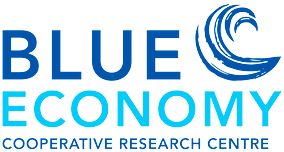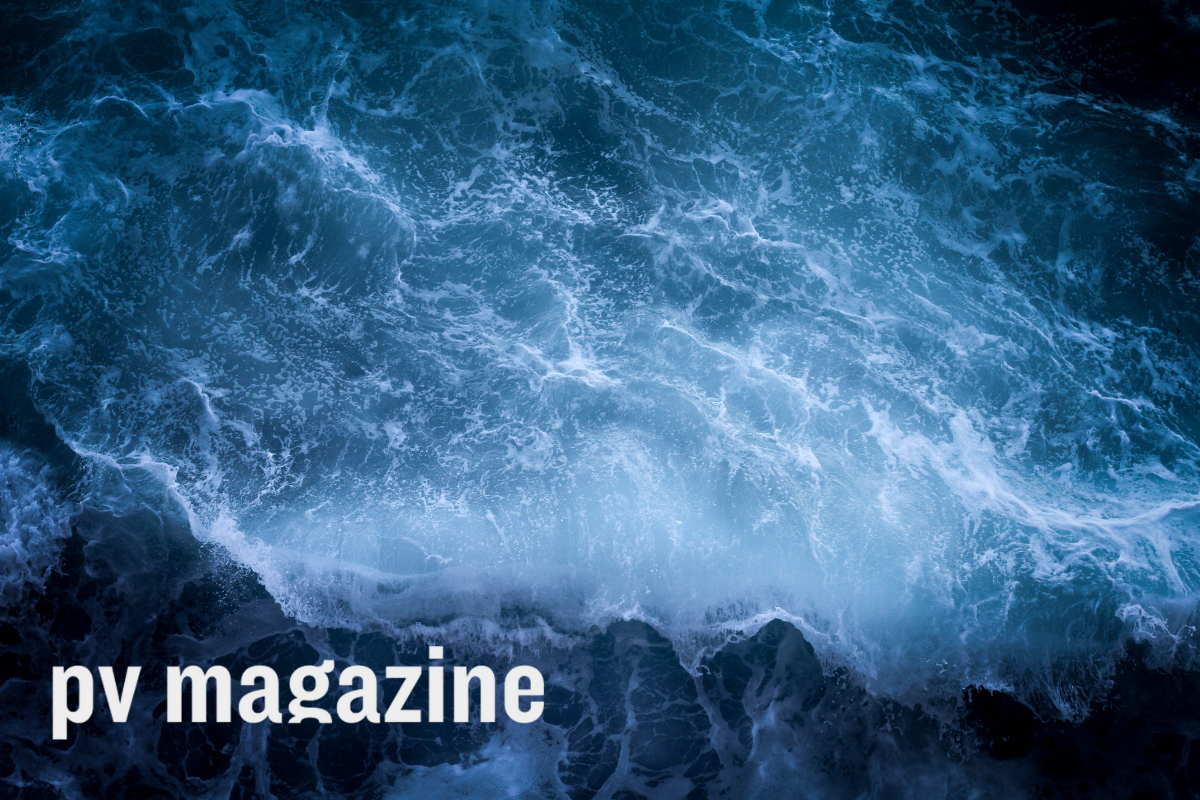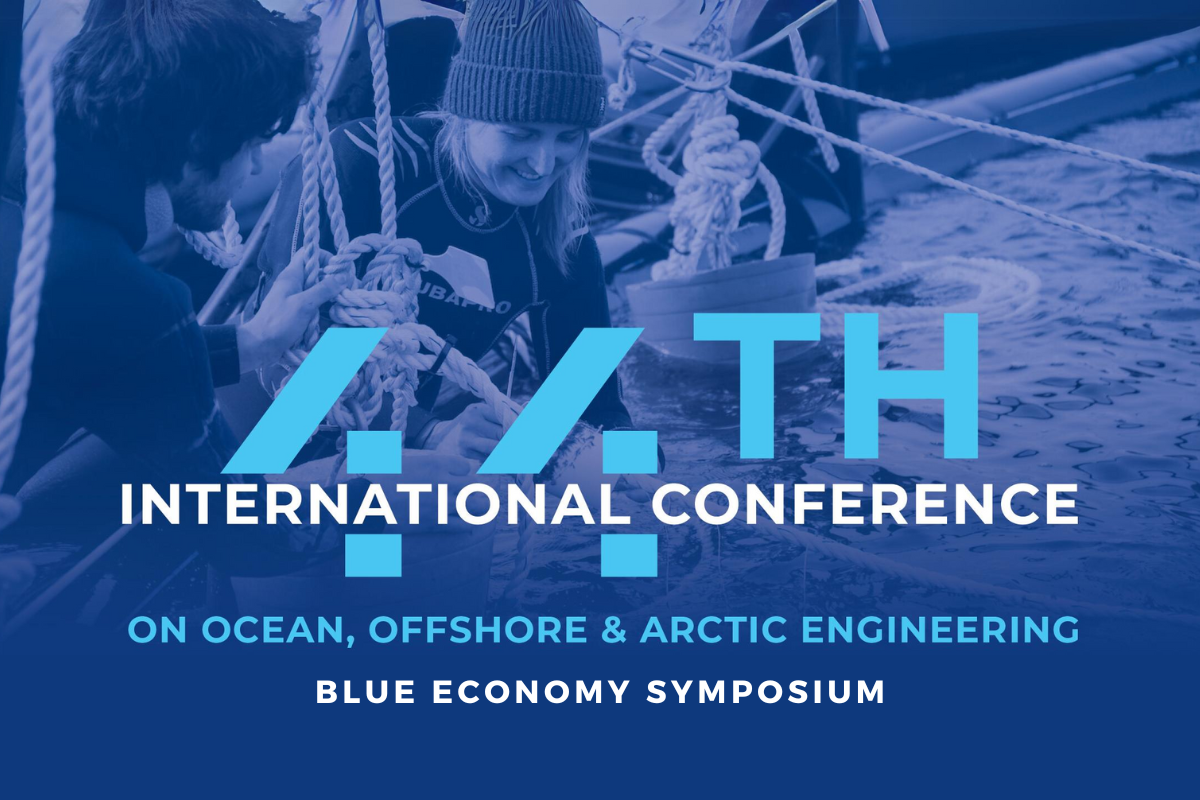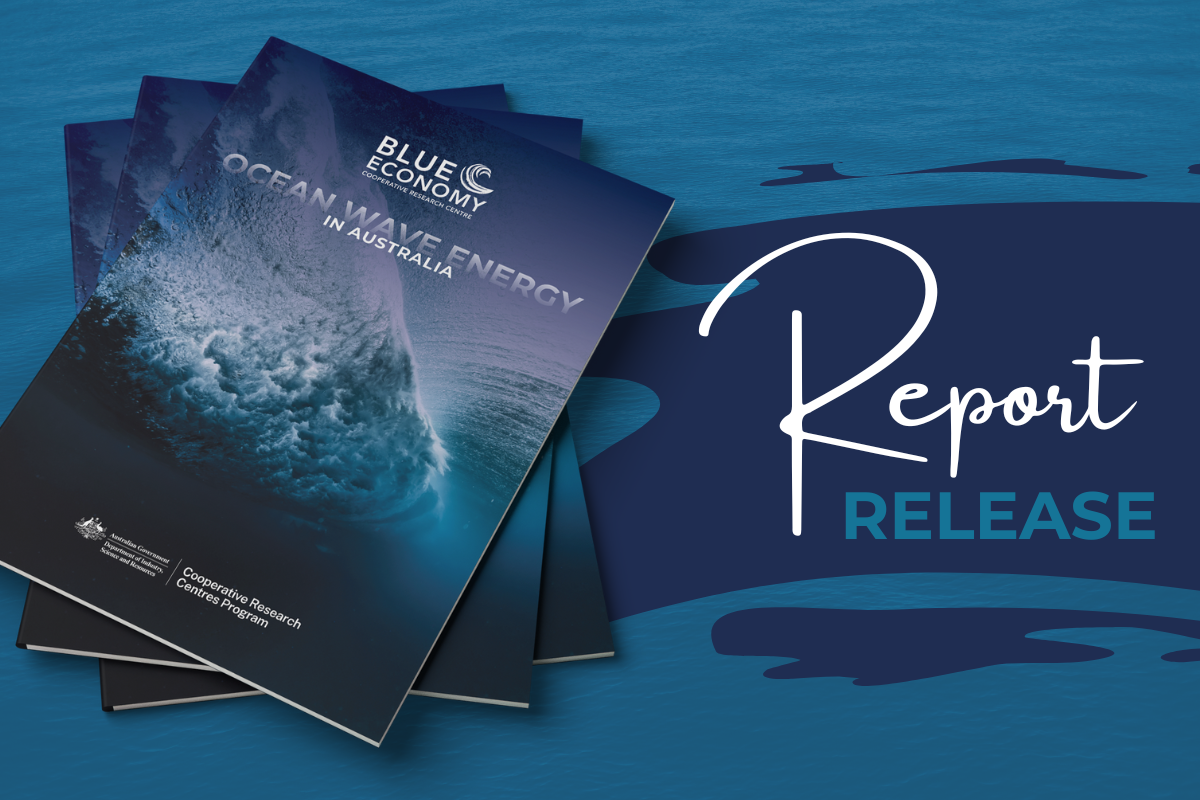
We sat down with PhD Scholar Leteisha Prescott who is nearing the end of her PhD and is travelling to the University of Turku in Finland to complete the final months of her PhD, undertaking an internship at the University of Turku, working with Professor Katja Anttila.
Leteisha’s research on ‘unlocking the potential of exercise: in vivo and in vitro assessments of cardiac thermal tolerance in exercise-trained rainbow trout’, investigates the potential of exercise training to enhance thermal resilience in farmed finfish. Her research aims to identify possible solutions to safeguard finfish farming in the Anthropocene and explores the molecular, cellular, and tissue responses in the hearts of exercise-trained rainbow trout to further understand the underpinning mechanisms involved in whole-animal thermal performance.
Leteisha has secured support in the form of a scholarship from the Finnish National Agency for Education, a student internship award from the Australian New Zealand Marine Biotechnology Society, a Travelling Fellowship from The Company of Biologists and internship support from the Blue Economy CRC.
“I am thrilled to share with the Blue Economy CRC community that I will be spending the final months of my PhD candidature undertaking a Blue Economy CRC internship at the University of Turku, working with Professor Katja Anttila in a collaborative project at a Finnish rainbow trout hatchery.”
“We aim to unlock the potential of exercise training to enhance thermal resilience in farmed rainbow trout by assessing whole-animal thermal tolerance and several cardiovascular mechanisms. This project seeks to identify exercise training as an immediate solution to equip fish with the necessary requirements to thrive in warming waters, thereby safeguarding finfish farming in the Anthropocene.”
During her time in Finland, Leteisha will learn highly specialised skills for assessing cardiac function in fish, including surgically implanting heart rate loggers and cardiac flow probes in vivo, and measuring mitochondria respiration in vitro. She plans to bring this knowledge back to Australia and New Zealand, and integrate these approaches in future industry-led projects as a post-doctoral researcher.
“Leteisha has created a fantastic opportunity to work with a world-renowned research group, reflecting her impressive approach to career development including advancing her technical skills in ways that support the industry-focused research after her PhD.” Prof Chris Carter, Primary PhD Supervisor and RP2 Program Lead.
We look forward to sharing Leteisha’s journey as she completes the final months of her PhD.






